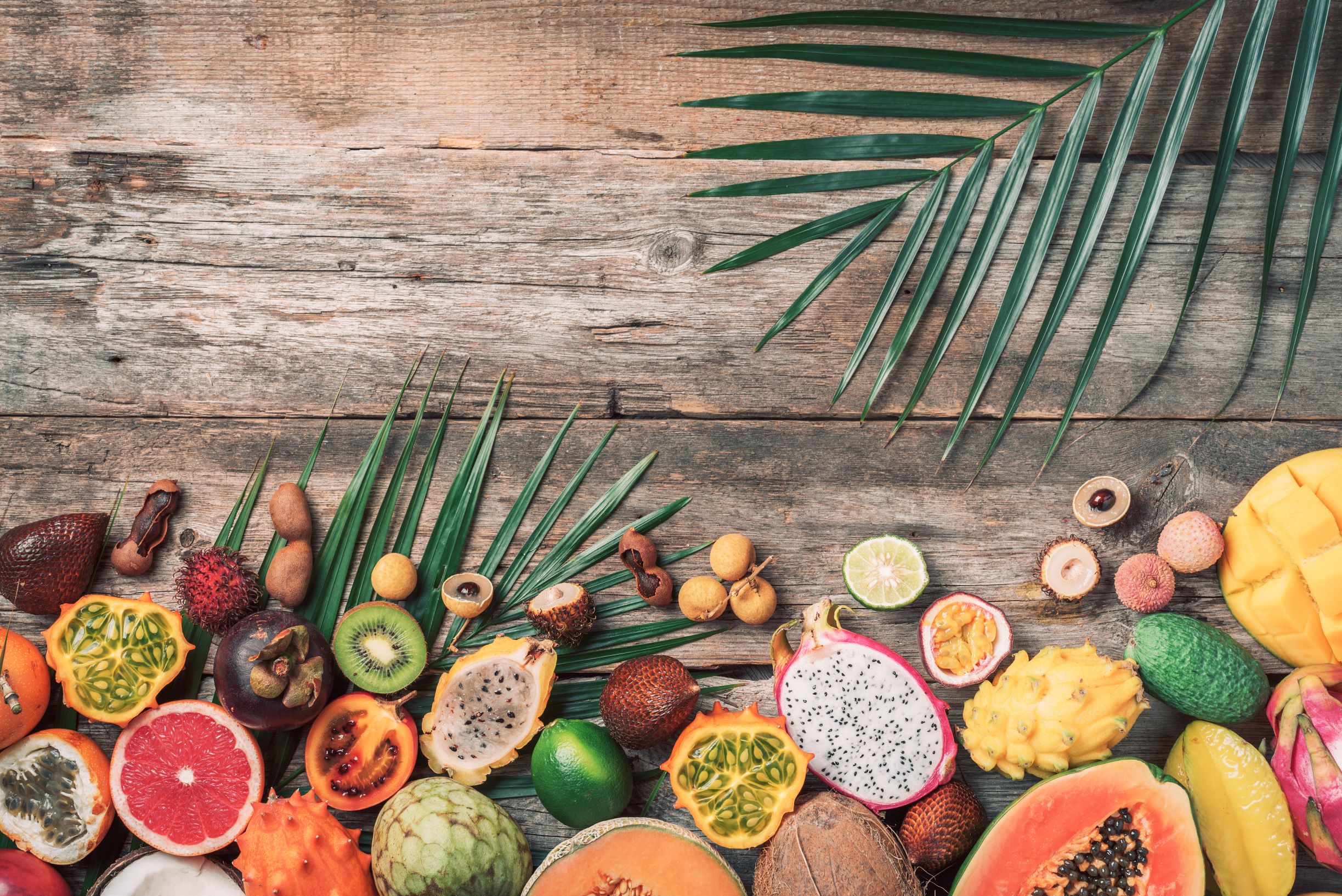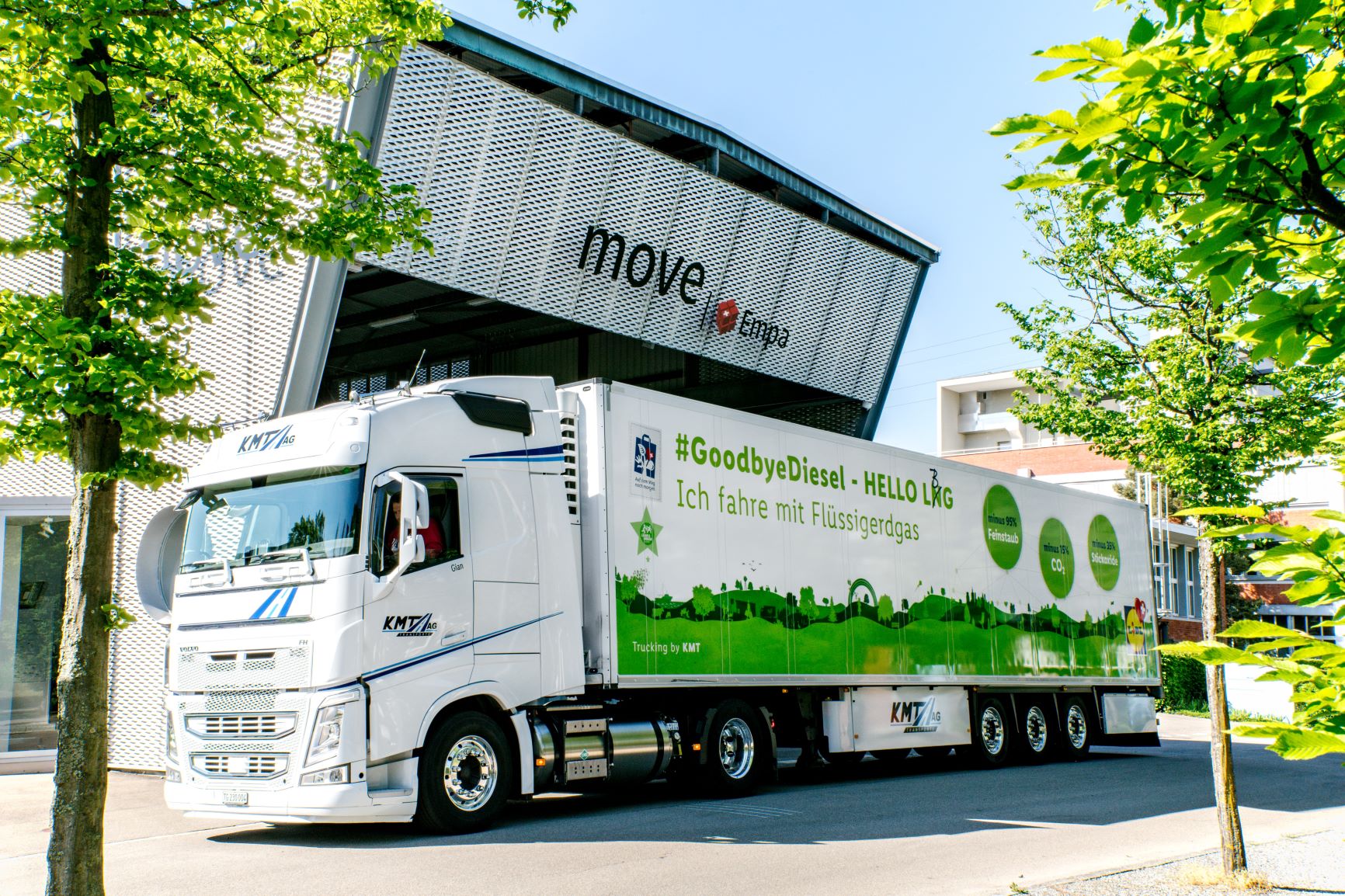Partnership with Lidl Switzerland 2019
Lidl Switzerland has been strengthening its commitment to sustainability over recent years – with significant success. At the beginning of 2017, Lidl Switzerland entered into a partnership with WWF Switzerland, committing to comprehensive, specific, and ambitious sustainability targets. Focus is placed on the further conversion of the range towards more environmentally friendly products, as well as on the reduction of emissions at the operative level.
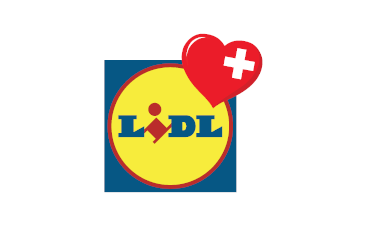
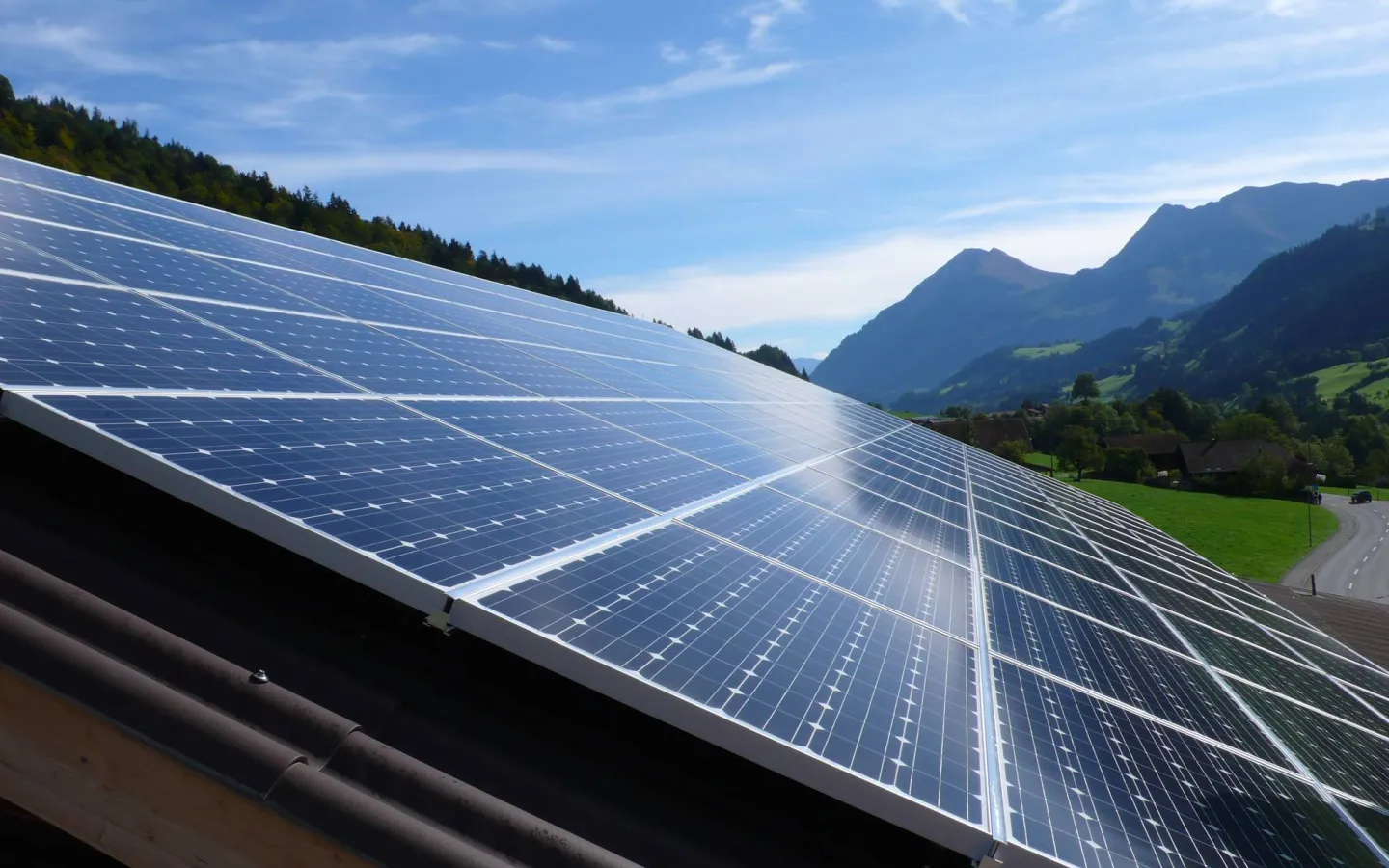
CLIMATE AND ENERGY
Lidl Switzerland has set the target of reducing the relative operational carbon footprint for Scope 1, 2 and Partial Scope 3 emissions by 35% by the end of 2019 and to apply the same to products sold as well.
Reduction of operative CO2 emissions per surface area
Lidl Switzerland has set the target of reducing the operative CO2 emissions by 35% compared to 2013 by the end of 2019. The measurement is based on kg CO2/m2 retail space. Reductions are stated in percentages. The scope of applications comprises Scope 1, 2, and partially Scope 3 (among others transports, business travel, paper and shipping, palettes and cardboard packaging) of Lidl Switzerland. The reporting period runs from March 2019 to February 2020.
In 2019, Lidl Switzerland managed to reduce its operative CO2 emissions by 46% over 2013, thus significantly outperforming its target value.
Increase of the installed capacity of the company's own plants to generate renewable electricity (photovoltaics and wind)
Lidl Switzerland has set the target of tripling the installed capacity through the company's own photovoltaic and wind plants between 2015 and 2020. Measured is he installed capacity in percent. The installed capacity of the company's own photovoltaic and wind plants in 2015 corresponds to 100%. The reporting period runs from March 2019 to February 2020.
In 2019, Lidl Switzerland managed to increase its installed capacity through the company's own photovoltaic and wind plants by 276% compared to 2015, and is thus on track to meet the target.
Air-freighted fruit & vegetables
Lidl Switzerland has committed itself to continue not flying in fruit and vegetables, again meeting this target in 2018. Measured is the proportion of air-freighted fruit and vegetables relative to total fruit and vegetables sold. Indicated as a percentage – the target value is thus 0%. The reporting period runs from March 2019 to February 2020.
In 2019, Lidl Switzerland did not fly in any fruit and vegetables, thus attaining its target once again.
Efficient bulbs
Lidl Switzerland has set itself the target of only selling energy-efficient bulbs from the end of 2018. Lidl Switzerland has managed to achieve this target a year earlier and only sold LED bulbs in the 2018 financial year. Measured is the proportion of LED bulbs relative to the total number of bulbs as a percentage. The reporting period runs from March 2019 to February 2020.
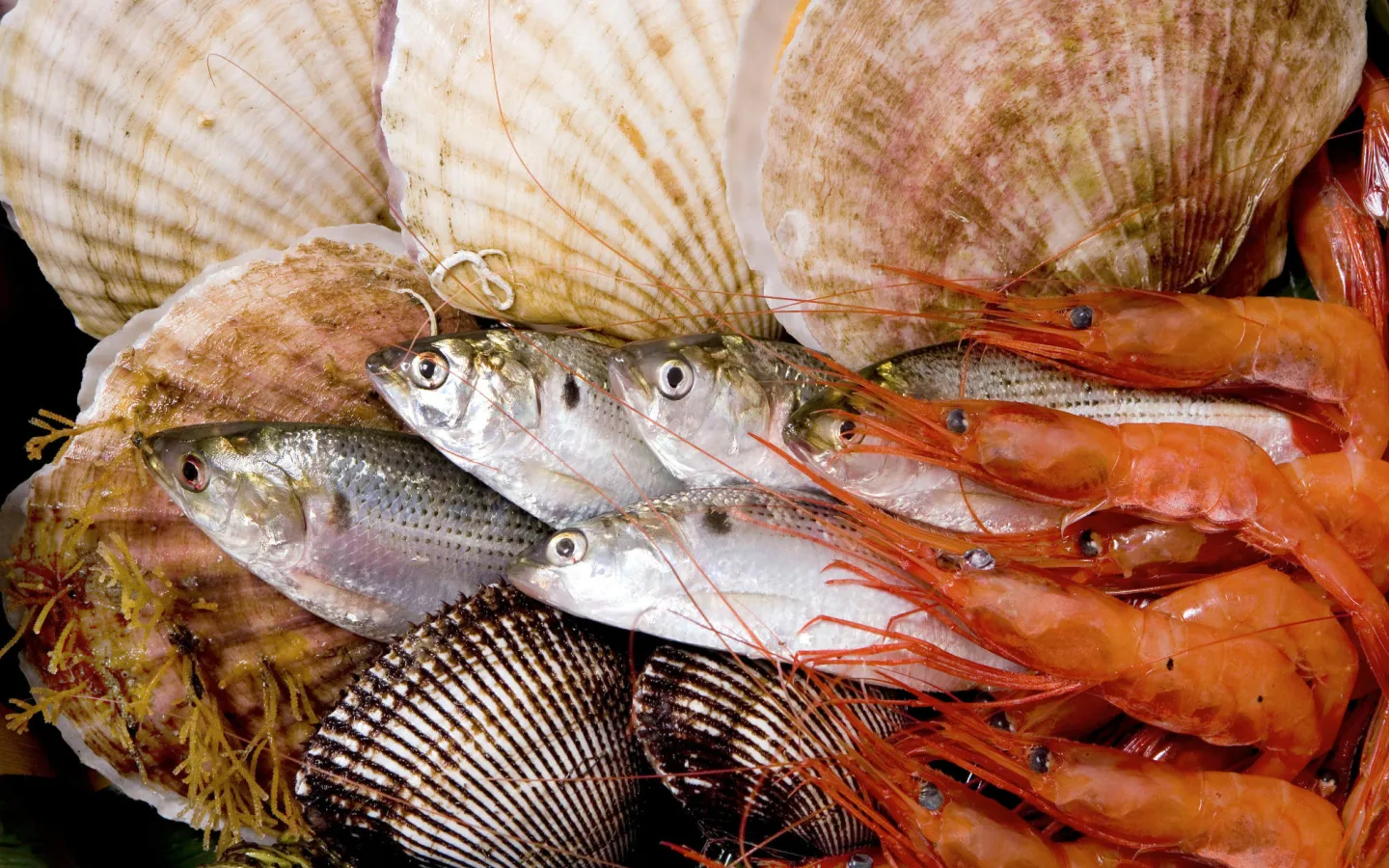
FISH AND SEAFOOD
As a discounter, Lidl Switzerland pursues an ambitious and highly effective 100% target in sustainable fish and seafood, fully based on renowned labels.
Fish and seafood products with sustainability label
Lidl Switzerland aims to only sell fish and seafood products with jointly defined sustainability labels by the end of 2019. Measured is the proportion of fish and seafood products with sustainability labels relative to the total number of fish and seafood products. Shown as percentages. Accepted standards are MSC (Marine Stewardship Council), ASC (Aquaculture Stewardship Council), and BIO. The scope is comprised of the standard listing of the overall range. The reporting period runs from March 2019 to February 2020.
In 2019, 91% of the fish and seafood products sold had a sustainability label.
Comment: Due to insufficient goods availability, the deadline for complete conversion to certified goods could not be met.
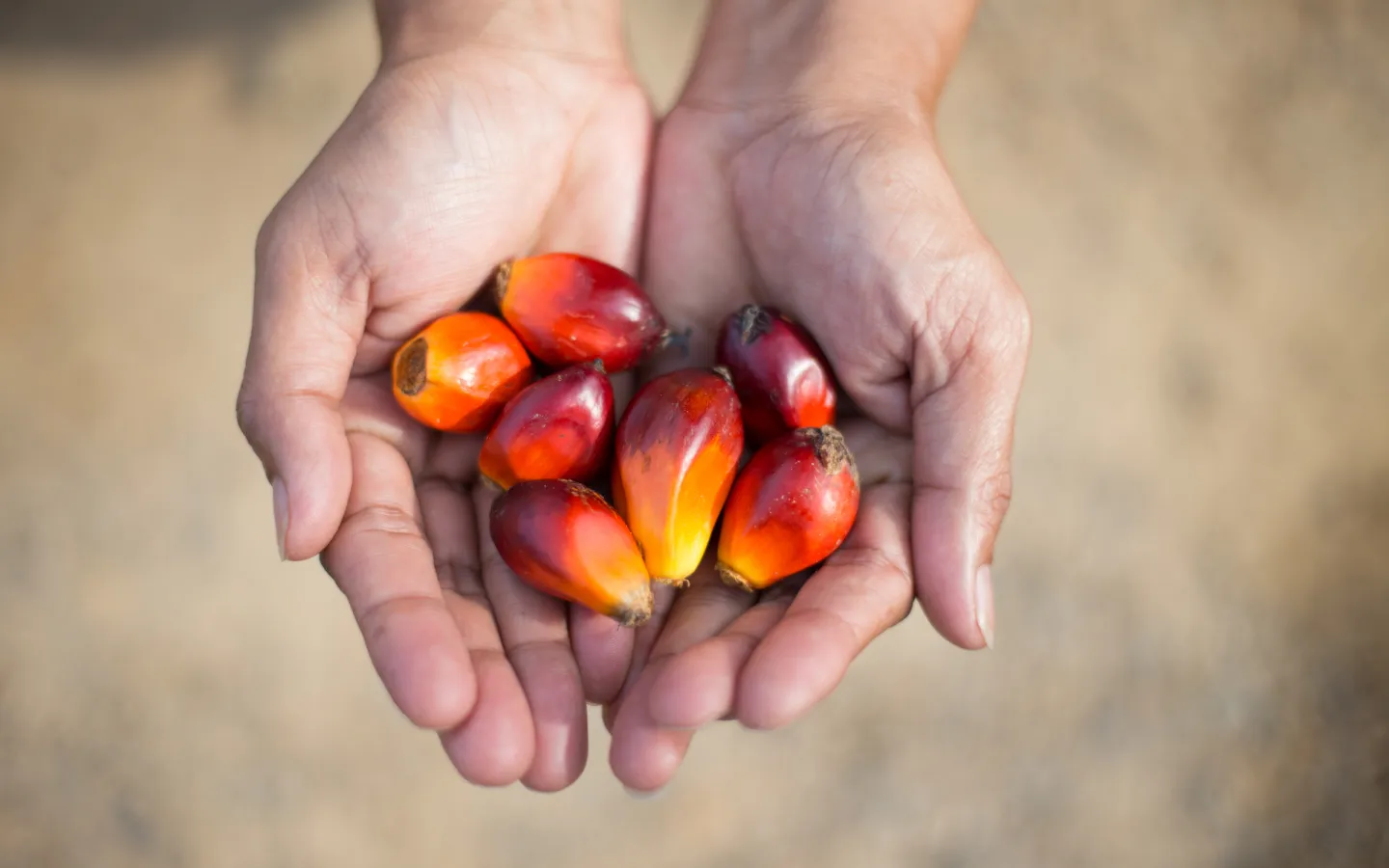
PALM OIL
Lidl Switzerland has decided to only use sustainable, RSPO-certified (Roundtable on Sustainable Palm Oil) palm oil for its private-label products in future.
Physically sustainable palm oil component in private-label food products
Lidl Switzerland aims to only use physically sustainable palm oil in its private-label products in the food segment by the end of 2018. Measured is the proportion of food products containing physically sustainable palm oil relative to the total number of food products containing palm oil. This proportion is shown as a percentage. The accepted standards are RSPO IP, RSPO Segregated, Bio Suisse. The reporting period runs from March 2019 to February 2020.
In 2019, LIDL Switzerland fell just short of the target with 99.9%.
Comment: Two limited period products were delivered which in part contained mass-balance palm oil. The products are no longer offered.
Certified palm oil component in near-food private-label products.
Lidl Switzerland aims to only use sustainable palm oil in its private-label near-food products by the end of 2018. Measured: The proportion of near-food products containing sustainable palm oil relative to the total number of near-food products containing palm oil. This proportion is shown as a percentage. The accepted standards are RSPO IP, RSPO Segregated, RSPO Mass Balance, and Bio Suisse. The reporting period runs from March 2019 to February 2020.
In 2019, Lidl Switzerland continued to meet the target of 100%.
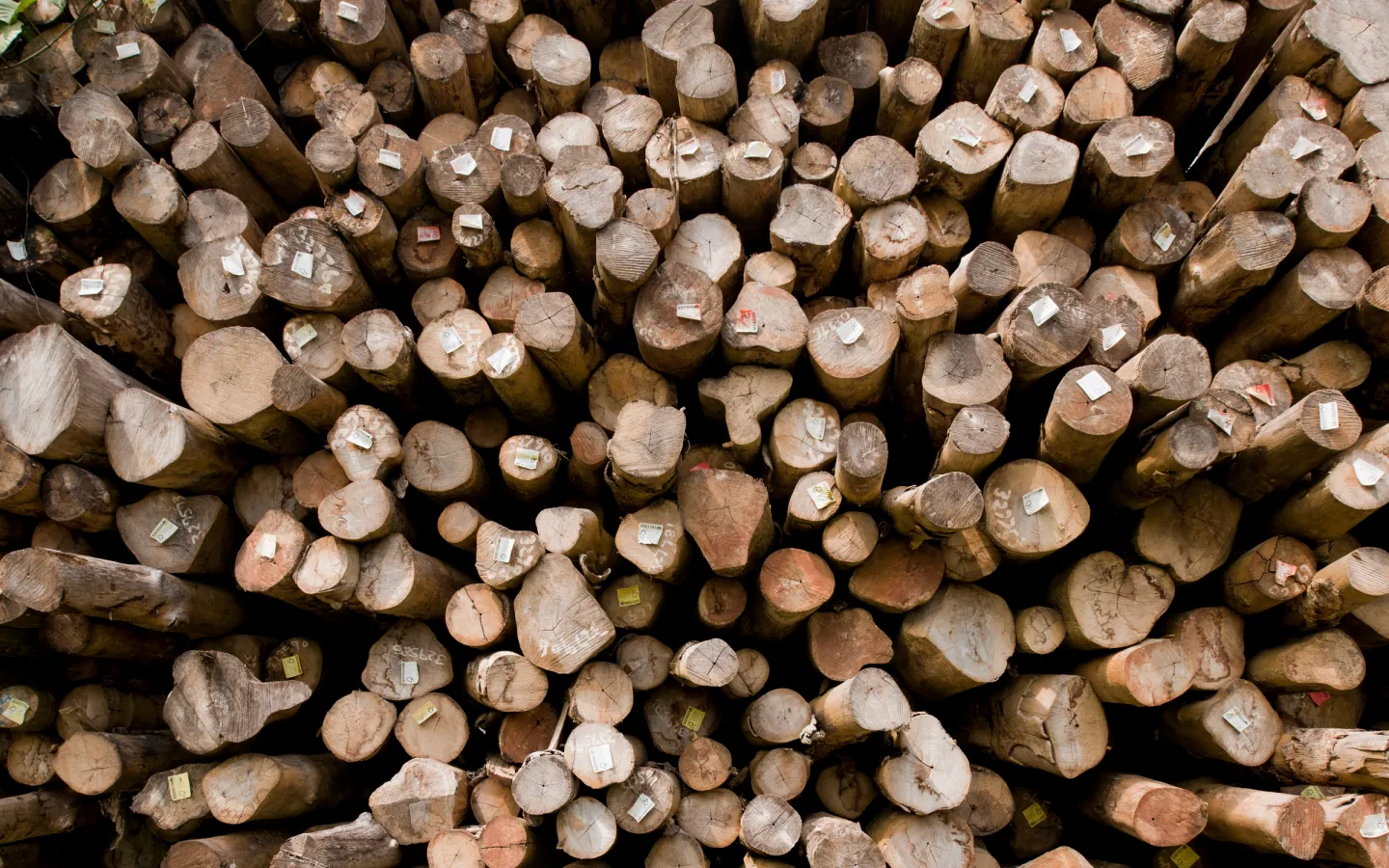
WOOD AND PAPER
Lidl Switzerland aims to only use 100% sustainable, certified cellulose for permanently listed private-label sanitary-paper products.
Sanitary-paper products from sustainable sources
The target is to manufacture all permanently listed private-label hygienic paper products using sustainable cellulose by the end of 2019. Measured is the proportion of the number of hygiene products with certified cellulose relative to the total number of hygiene products with cellulose. This proportion is shown as a percentage. The following standards are accepted: FSC, FSC mix, Recycling, and The Blue Angel. The reporting period runs from March 2019 to February 2020.
In 2019, with 97.5% Lidl Switzerland falls just short of the envisioned target trajectory.
Comment: One product has PEFC certification instead of FSC certification. Alternatives are being looked into.
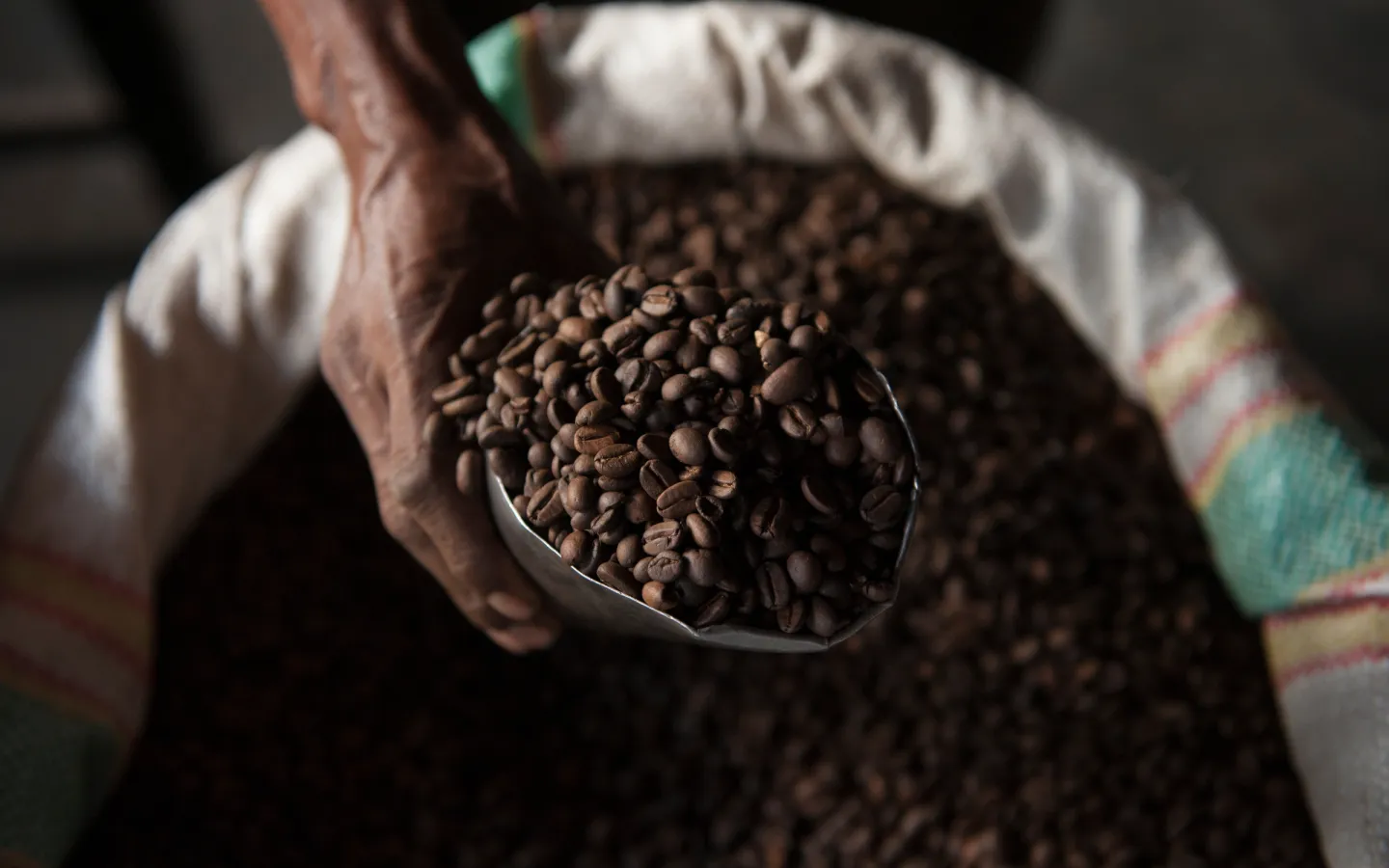
OTHER RAW MATERIALS
Lidl Switzerland has set itself the target of also only procuring cacao, coffee, and tea from certified sustainable sources.
Proportion of sustainable cacao products in own brands
By the end of 2017, all cacao in Lidl Switzerland own brands should come from certified, sustainable sources. Measured is the proportion of the number of relevant cacao products with a sustainability label relative to the total number of relevant cacao products. This proportion is shown as a percentage. A "relevant cacao component" is any volume component exceeding 1% of the product. The following standards are accepted: Fairtrade, Bio (Suisse, Schweiz, or EU), UTZ, and Rainforest Alliance. The reporting period runs from March 2019 to February 2020.
In 2019, LIDL Switzerland once again achieved its target of 100%.
Proportion of coffee products with a sustainability standard in own brands
By the end of 2019, all Lidl Switzerland own-brand coffee should come from certified, sustainable sources. Measured is the proportion of the number of relevant coffee products with a sustainability label relative to the total number of relevant coffee products. This proportion is shown as a percentage. A "relevant coffee component" is any volume component exceeding 1% of the product. The following standards are accepted: Fairtrade, Bio (Suisse, Schweiz, or EU), UTZ, and Rainforest Alliance. The reporting period runs from March 2019 to February 2020.
In 2019, Lidl Switzerland continued to meet the target of 100%.
Proportion of tea products with a sustainability standard in own brands
By the end of 2018, all tea from non-EU countries (black, green, and rooibos tea) in Lidl Switzerland own brands should come from certified, sustainable sources. Measured is the proportion of the number of relevant tea products with a sustainability label relative to the total number of relevant tea products. This proportion is shown as a percentage. A "relevant tea component" is any volume component exceeding 1% of the product. The following standards are accepted: Fairtrade, Bio (Suisse, Schweiz, or EU), UTZ, and Rainforest Alliance. The reporting period runs from March 2019 to February 2020.
In 2019, Lidl Switzerland didn’t meet the target achieving 90%.
Comment: One limited period product was not certified. It will no longer be offered in future.
Share of relevant tropical fruits with sustainability standard
Lidl Switzerland has set the goal of only offering 100% certified fresh tropical fruits by 2019. The certified share is measured as a percentage of the procurement value of the fresh tropical fruits in the entire range. Fairtrade, organic (Suisse, Switzerland, EU), UTZ, Rainforest Alliance are accepted standards.
Lidl Switzerland reached the target early in 2017. In 2019, the certified proportion of fresh tropical fruits was 100%.
Share of peat in the soil
Lidl Switzerland has set the goal of not selling any more peat-containing soil by 2019. The proportion of peat in all soil is measured.
Lidl Switzerland was able to achieve the final target of 0% in 2018.
